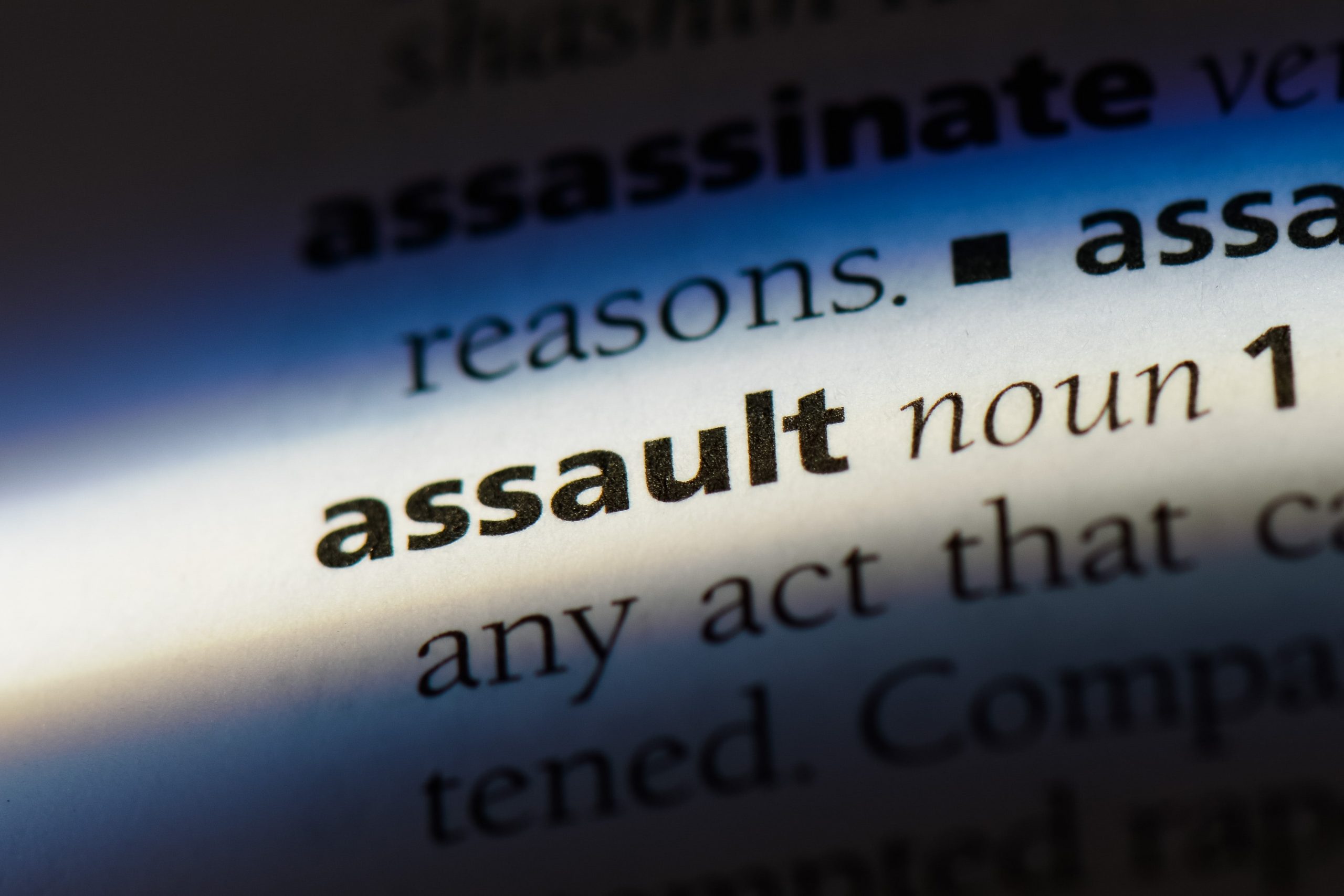Share This Article
It is alleged that wife Christie Kennedy drove down her husband and the woman he was having an affair with, in order to order to disable them in Brisbane last year in March. She was charged with malicious act with intent to disable and one count of assault.
Mr. Kennedy, whilst pleaded guilty to assaulting Ms. Kennedy, she pleaded not guilty to the other count of malicious act with intent to disable arguing that in her emotional state of mind, she did not have the required intent needed to prove the offence (to hit the pair with the car).
Her husband Mr. David Larkin has said on trial that he recalled the noise of a vehicle “accelerating erratically” before seeing his wife’s white BMW steering towards him.
He said that upon regaining consciousness, he saw his wife punching the other woman and calling her a “slut” with a “handful of Zowie’s hair”.
During trial, the court was told that her husband and Zowie Noring bonded from shared experiences of traumatic events.
On 19 March 2021, they both arranged to meet at a park because he wanted to see Ms. Noring to “chat to someone that day”. The court was told that he then saw his wife in her BMW driving as she crossed onto the wrong side of the road before striking the pair.
The defence case opened by saying that Ms. Kennedy’s world came “crashing down” after discovering that her husband was “having an affair”.
What Does “Assault” Mean in New South Wales?
Domestic violence assaults are taken very seriously by courts in NSW. The Crimes (Sentencing Procedure) Act of NSW contains provisions of section 4A which requires courts who find a person guilty of domestic violence to impose on that person either Full Time Imprisonment or a supervised order.
An assault occurs when a person voluntarily and intentionally commits an act which is not merely accidental, causing the victim to apprehend immediate and unlawful violence or sustain unlawful force, where the complainant at least feared on reasonable grounds.
The fear must be relatively immediate imminent violence which may continue to have effect.
For the offence of assault to be made out, that person must have done that act either recklessly or intentionallyto cause that fear or sustain unlawful force. This essentially means that the person did the act realising the possibility of causing the immediate and unlawful fear or infliction of unlawful force (or did so intending to cause this).
In the last steps towards proving assault, the person must have done this without the consent of the victim, and without a lawful excuse.
A lawful excuse can be, and is commonly raised as, self-defence.
Self-defence provides for a lawful excuse to assault someone if the elements of self-defence are made out in court. In summary, self-defence is where there is a reasonable possibility that the accused person did what he/she did for protection, and there’s a reasonable possibility that what he/she did for protection was a reasonable response in the circumstances perceived by that person.
If the accused person who runs a self-defence argument was intoxicated from drugs and/or alcohol at the time of the alleged assault(s), then his/her state of intoxication is taken into account to the extent of determining his/her perceived circumstances, but not to the reasonableness of the response. This has been explained in the more recent case of Doran v DPP (NSW) [2019] NSWCCA.
Self-defence is reflected in legislation, namely section 418 of the Crimes Act 1900 (NSW).
Book a Lawyer Online
Make a booking to arrange a free consult today.
Call For Free Consultation
Call Now to Speak To a Criminal Defence Lawyer
Over 40 Years Combined Experience
Proven SuccessAustralia-Wide
Experienced LawyerGuarantee
 (02) 8606 2218
(02) 8606 2218
 (02) 8606 2218
(02) 8606 2218















